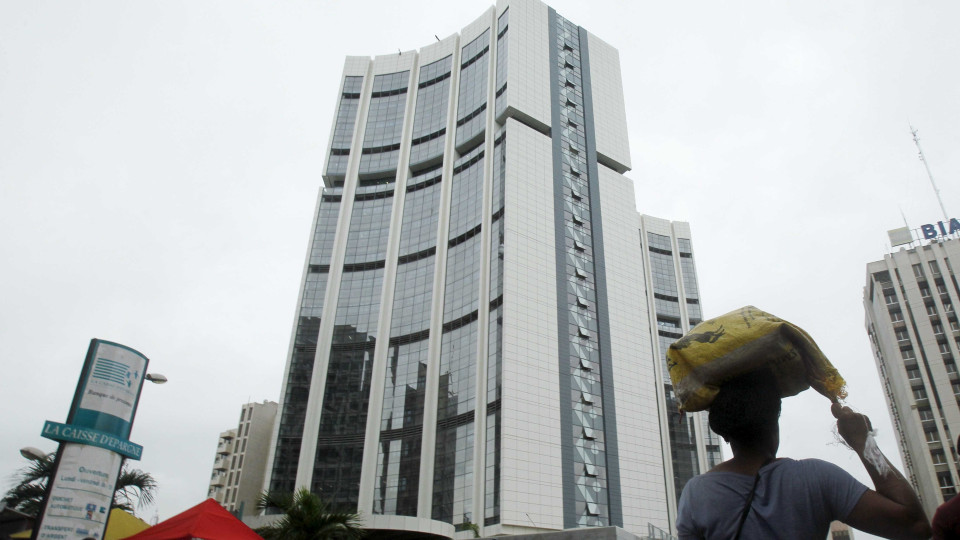AfDB President calls for end to opaque lending that ‘undermines potential’
The President of the African Development Bank (AfDB) on Thursday called for an end to opaque natural-resource-backed loans, saying they undermine Africa’s economic potential and make it harder to manage debt.

© Reuters

Economia Banco Africano de Desenvolvimento
Such loans undermine Africa’s vast economic potential, complicate debt issues and resolution, and thus, compromise future growth of countries, the AfDB President said at the Semafor Africa Summit, which is taking place on the sidelines of the Spring Meetings of the International Monetary Fund (IMF) and the World Bank.
This year, the continent will pay $74 billion (more than €69 billion) in debt service, a sharp increase from $17 billion (less than €16 billion) in 2010.
This comes as Africa’s external debt reached $824 billion in 2021 (around €771 billion), with countries spending 65% of their Gross Domestic Product (GDP) on debt service.
The AfDB chief highlighted the shift from concessional financing to more expensive and shorter-term commercial debt, with external Eurobond debt now accounting for 44% of Africa’s total debt stock, up from 14-17% previously.
The World Bank had already warned in a report released last week that “debt vulnerabilities in Sub-Saharan Africa have increased significantly as a result of increased borrowing on less concessional terms.”
The AfDB President also decried the ‘Africa premium’ that countries pay when accessing international capital markets, despite data showing that default rates in Africa are lower than in other regions, and called for an end to this risk perception.
While acknowledging the fiscal pressures that African nations face due to the Covid-19 pandemic, infrastructure needs and rising inflation, Adesina stressed the need to address the structural issues in Africa’s debt landscape.
The AfDB President also emphasized the need to increase concessional financing, especially for low-income countries, and the importance of creating an orderly and predictable way to deal with Africa’s debt, calling for faster implementation of the G20 Common Framework.
Looking ahead, Adesina expressed optimism about opportunities in Africa, particularly in renewable energy given the continent’s vast potential, and highlighted the AfDB’s various instruments and initiatives to de-risk projects and attract institutional investors.
“Africa is the best investment destination in the world,” Adesina concluded, emphasizing the African Development Bank’s commitment to creating an enabling environment for investments to thrive.
The Semafor summit session, titled “The Rise of the Global Middle Class: Is Rising Debt in Developing Countries a Blessing or a Curse?”, brought together a panel of discussants to talk about the rising debt burden faced by developing countries as borrowing costs increase.
Read Also: Brazil joins investment platform Compacto Lusófono (Portuguese version)

Descarregue a nossa App gratuita.
Oitavo ano consecutivo Escolha do Consumidor para Imprensa Online e eleito o produto do ano 2024.
* Estudo da e Netsonda, nov. e dez. 2023 produtodoano- pt.com








